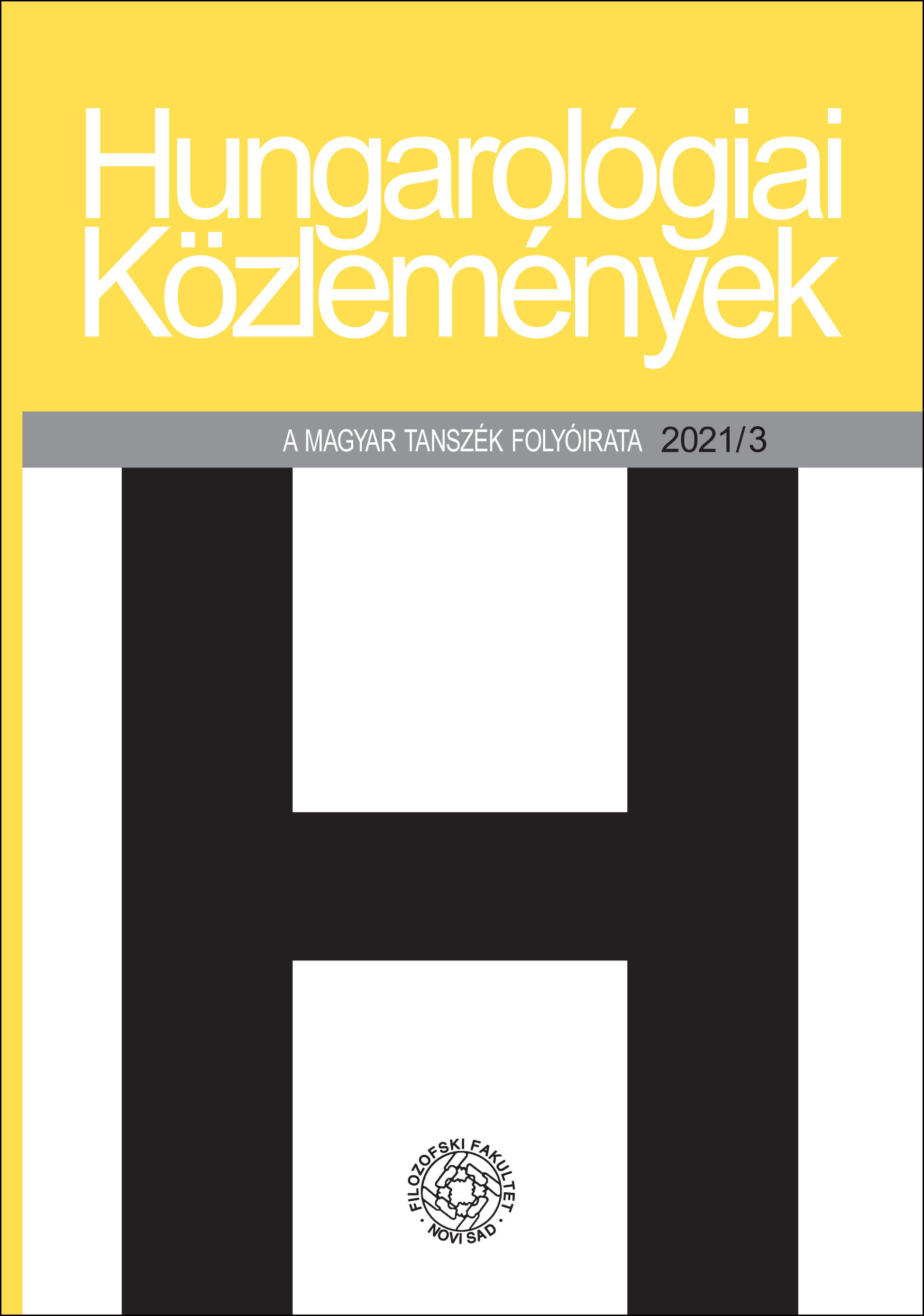A megszállás és a rabszolgavírus: A háborús tematika Józef Mackiewicz regényeiben
Occupation and slave virus: War thematics in Józef Mackiewicz’s novels
Author(s): Lajos PálfalviSubject(s): Polish Literature
Published by: Филозофски факултет, Универзитет у Новом Саду
Keywords: The Miracle on the Vistula; Eastern Front; politics of memory; national mythology; collaboration; occupation
Summary/Abstract: Géza Csáth divides the ego into complexes in his famous study, one of which is the national complex. Although it is only briefly characterized, it does not fit into Józef Mackiewicz’s views or his Eastern European historical experiences, as if he himself had a multi-ethnic complex. As a young man he fought in the Polish-Bolshevik war, yet he does not celebrate the victory and attainment of independence, but deplores the fact that the Polish troops did not help the whites at the decisive moment, and so the communists remained in power. His other major theme is World War II – seen from the Eastern Front. By the time the Red Army arrived at the end of the war, Central Europe lay in ruins, and most of the inhabitants were morally compromised by having collaborated. In Lithuania and Eastern Poland, on the other hand, the war began with Soviet invasion; the peacetime world became occupied and Sovietized. This historical experience is still marginalized, and it is also opposed to Western propaganda.
Journal: Hungarológiai Közlemények
- Issue Year: 22/2021
- Issue No: 3
- Page Range: 37-47
- Page Count: 11
- Language: Hungarian

